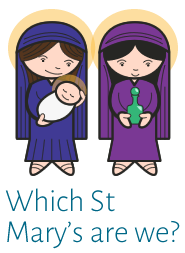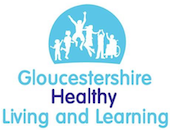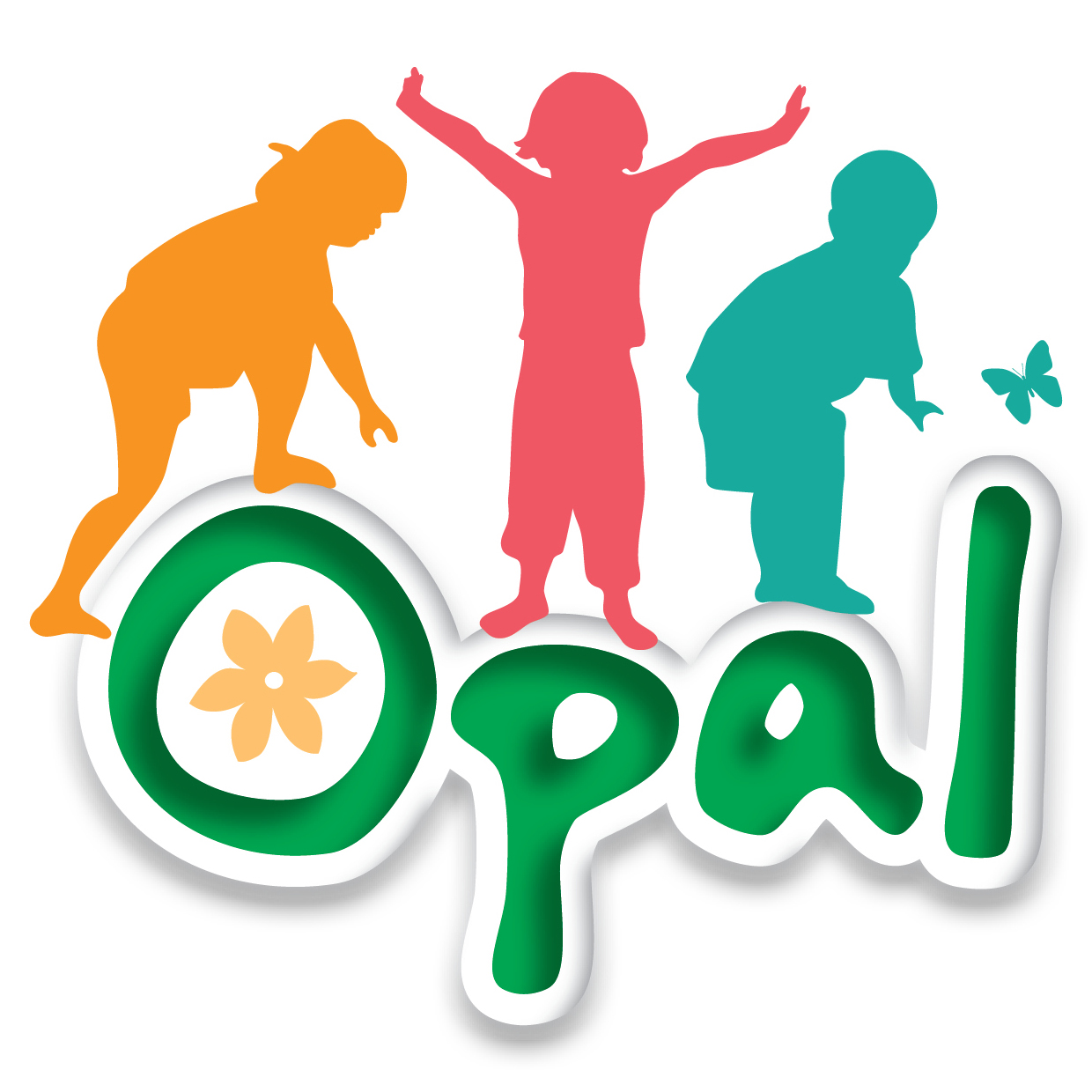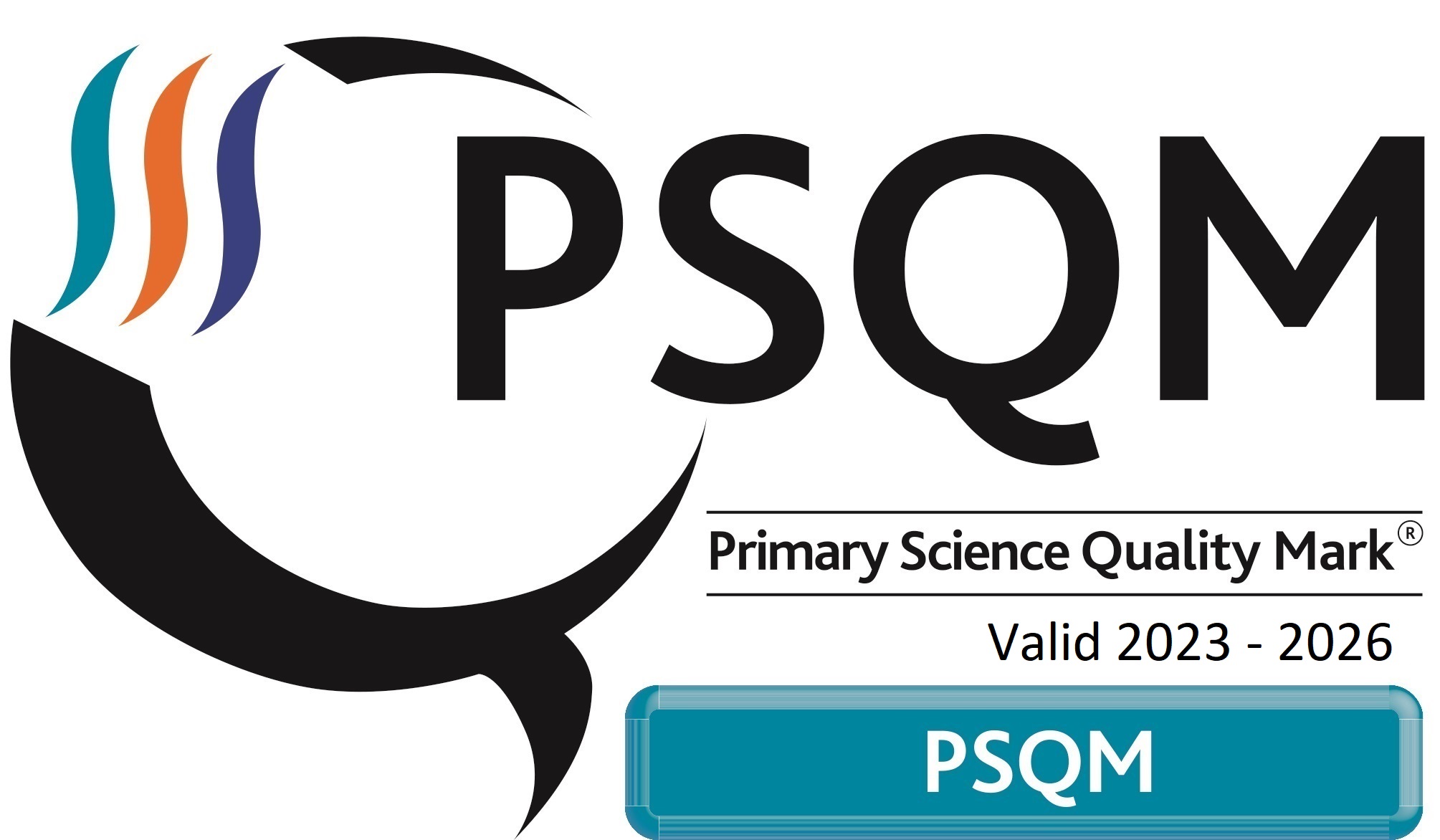Writing
Intent
At St Mary’s, we aim for all children to leave us with the right tools and skills ready to start their new phase of learning in secondary school and life beyond school. In addition, we endeavour to instil a love of writing in our children that will stay with them through all phases of their lives. We do this by following the National Curriculum (NC) for English – speaking and listening, reading and writing.
Writing is taught every day and teachers plan sequences of lessons to build towards longer writing outcomes. Writing units of work are taught through reading and sharing high quality, language rich books and texts. Each term, staff create Reading Roads, to explain how key texts enhance our English and wider curriculum. There is a balance between fiction, non-fiction and poetry with an emphasis on whole texts. Text selection is purposeful to promote a love of reading, engagement and to ensure high quality writing outcomes for every child.
In EYFS and Year 1, we teach basic writing skills through the ELS programme. Children learn to write letters, words and short sentences through their ELS lessons and across the Early Years Foundation Stage and Year 1 curriculum. Some elements of 'Talk for Writing' are used. Children learn familiar texts and stories and then write them.
As children move into Year 2, children learn to spell words through the ELS spelling programme. This is based on the KS1 National Curriculum for English. In Year 2 children start to write longer pieces of writing exploring different genres, writing for different purposes.
For skills progression in writing from Y1 – Y6 we follow the National Curriculum. We teach writing skills as specified by the National Curriculum and follow the guidelines for age related content. Our outcomes for writing follow four key principles: to entertain, to inform, to discuss and to persuade, and spelling and grammar skills are linked through writing units following our own scheme of work.
Implementation
We believe it is vital children have a reason to write and someone to write for therefore planning is modelled on the following documents:
- The 2014 National Curriculum
- Michael Tidd’s Four Purposes For Writing
- The EEF document Improving Writing at KS1/2
- Talk For Writing- strategies to support the planning and drafting processes
The recommendations of the EEF suggest that the teaching of writing is separated into 5 strands.
- Planning- generate content from reading, previous knowledge and class discussion
- Drafting- select words and phrases that accurately convey ideas. Magpie language.
- Revising- Make changes to text based on feedback from others
- Editing-make changes to improve punctuation, vocabulary and grammar through feedback, self-assessment and peer marking
- Publishing-produce a final written copy to share and display
Writing is a process and therefore it is important that teachers model and explicitly teach all elements. Each short term, one narrative unit and two non- fiction units of writing are taught with opportunities for Cross- curricular writing considered.
Learning to write well is a complex process so the following strategies help develop pupils’ skills and confidence as writers.
Shared Writing:
- Model the writing process for children, including the thought processes involved in authoring a text
- Make explicit teaching points in relation to secretarial and compositional aspects of writing
- Provide pupils with the opportunity to reflect on their writing – using what they have learned about structure and language features from their reading to inform their writing
- Provide an opportunity for pupils to develop and use language to talk about writing.
Guided Writing
- Make explicit teaching points to all pupils
- Support pupils in orchestrating elements of the writing process simultaneously
- Provide opportunities to participate in writing composition
- Help pupils build up a language to talk about writing
Independent Writing
- Teachers provide frequent opportunities within lessons for children to experiment and apply their growing knowledge and skills in writing
- Children are required to work independently of the teacher in these sessions, although support from other pupils or adults will be encouraged.
Therefore to develop our children as writers we:
- Treat children as writers from the earliest stage, who have ideas that they want to communicate, building on writing skills that they have acquired.
- Provide experiences where children develop confidence and a positive attitude to writing.
- Develop and sustain writing skills by providing opportunities for children to write for a range of audiences and purposes
- Use guided and shared writing sessions to model writing skills, teaching children how to compose, amend and revise their writing.
- Teach children how to become critical readers of their own writing, checking their own work independently for sense, accuracy and meaning.
- Teach grammar and punctuation in the context of the children’s own writing, as well as through discrete lessons.
- Teach strategies for spelling to enable children to become confident and competent spellers.
Pupils have opportunities to publish their work each term.
Impact
We intend that the impact of our curriculum will ensure our pupils are academically prepared for life beyond primary school and throughout their education journey. We assess pupils regularly through the use of RWI assessments and Accelerated Reader. Informal assessment of writing is carried out by teachers using writing pathways and opportunities for internal moderation are timetabled into staff meetings throughout the year. Additionally, staff attend cluster meeting to moderate planning, work and outcomes with colleagues from other local schools.
We strive to ensure that our pupil's attainment is in line or exceeding expectation and those who are at risk of falling behind receive prompt, targeted support.











